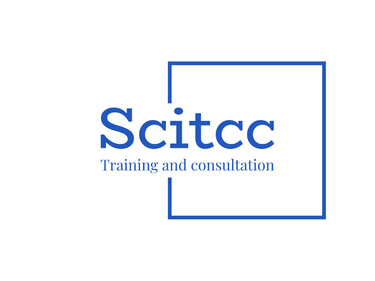
Effective Leadership, Strategy, Risks, and Negotiations
Effective Leadership, Strategy, Risks, and Negotiations
$5200.00
Training course titled: Effective Leadership, Strategy, Risks, and Negotiations
Course objectives:
Definition of effective leadership:
Enhancing leadership skills to effectively guide teams.
Applying effective leadership styles in different work environments.
Understanding strategies:
Developing long-term strategies to achieve institutional goals.
Making strategic decisions based on a deep analysis of the internal and external environment.
Risk management:
Identifying and analyzing potential risks in the work environment.
Using techniques to reduce and effectively manage risks.
Negotiation skills:
Understanding effective negotiation strategies and techniques.
Developing negotiation skills in challenging situations, such as business disputes or contract negotiations.
Target audience of the course:
Leaders and managers: Those who seek to develop their skills in leadership and strategic planning.
Senior management employees: Those interested in achieving the best strategic results in their teams.
Risk management specialists: Those who deal with operational and financial challenges.
Negotiation specialists: Those working in sales, contracts, or any field that requires continuous negotiation.
Learning method:
Interactive learning: The course includes interactive lectures and real case studies to stimulate critical thinking.
Practical workshops: To develop practical skills in the fields of leadership, strategy, risk, and negotiations.
Group training: Working in groups to apply the acquired skills in practical situations.
Daily assessments: To evaluate the understanding and actual application of the concepts that have been learned.
The course schedule:
Day One: Effective Leadership
Introducing the concepts of leadership and the importance of effective leadership.
Developing the qualities of a successful leader: How can a leader be motivating and inspiring?
Practical exercises: Analyzing different leadership styles.
Day Two: Strategic Planning
Basics of Strategic Planning: How to Develop a Long-Term Strategy.
The tools and strategies used in strategic analysis (SWOT, PESTLE).
Workshop: Preparing a Simplified Strategic Plan.
Day Three: Risk Management
Definition of risks and how to analyze and assess them.
Risk management tools and techniques.
Case studies: Risk management in diverse work environments.
Day Four: Negotiation Strategies
Understanding the fundamentals of negotiation and its types.
Successful negotiation strategies and techniques.
Simulation of negotiation scenarios: How to manage business or financial negotiations while maintaining strong relationships.
Day Five: Skill Integration and Final Assessment
Integration of leadership, strategy, risk, and negotiation concepts.
Interactive session: Realistic analysis of business cases with the application of leadership, strategy, and negotiation techniques.
Final evaluation: Individual and collective feedback on performance and identification of areas for improvement.
Expected outcomes:
The participants' ability to lead teams and guide them towards achieving strategic goals.
Application of strategic analysis tools and effective risk management.
Improving negotiation skills to achieve the best outcomes in professional situations.
The technologies used:
Theoretical lectures with case studies.
Personality assessment tools and related reports.
Interactive techniques such as negotiation simulations and group problem-solving.


